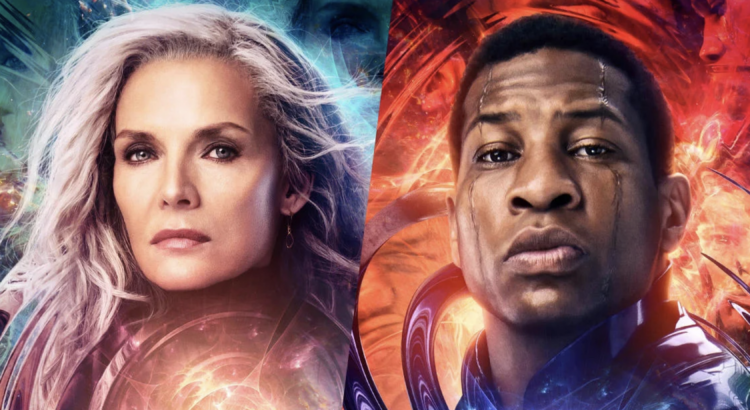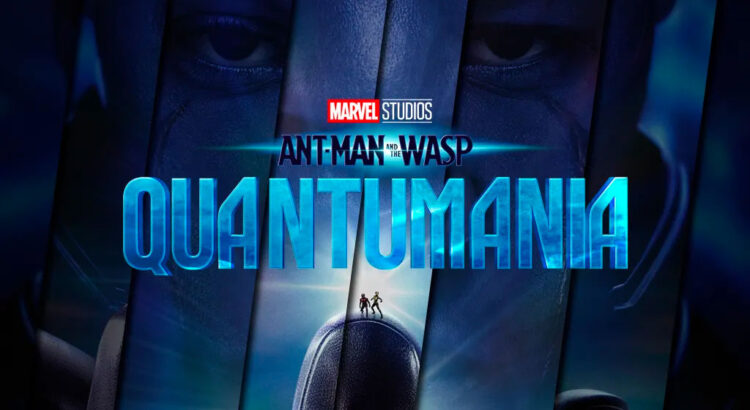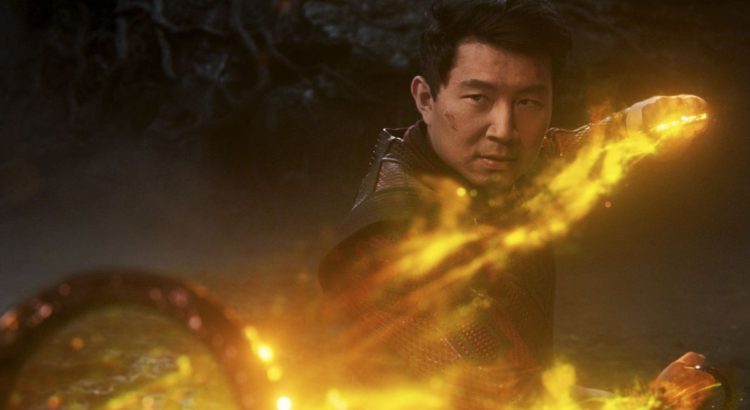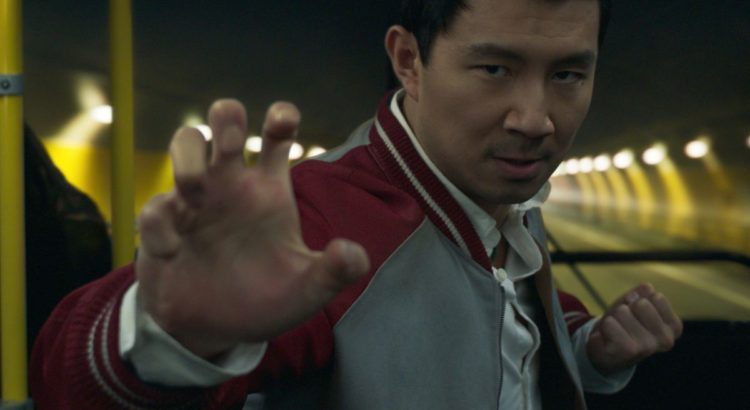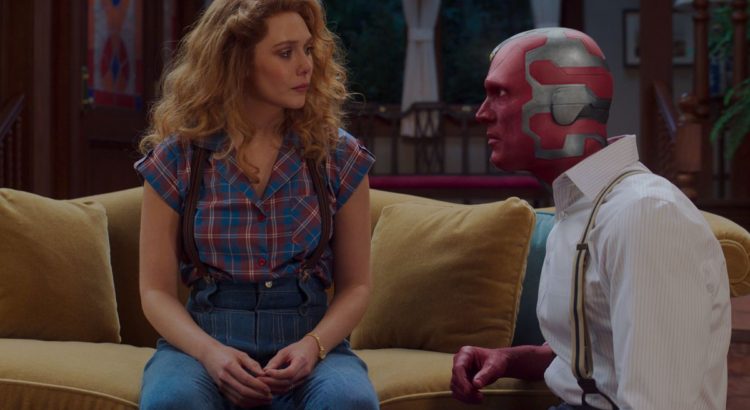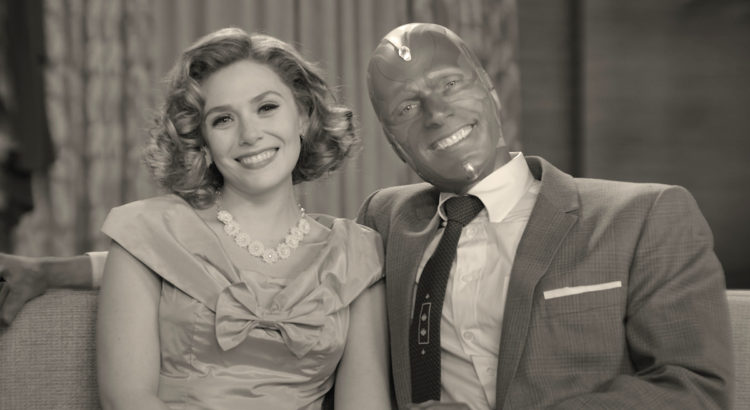Ant-Man and the Wasp: Quantumania is the 31st film in the Marvel Cinematic Universe, and it is only one of two MCU movies to receive a rotten score on Rotten Tomatoes. While it is fair Quantumania was rated rotten, I would argue there are MCU films that deserve to be rated more rotten.
The film follows Paul Rudd as Scott Lang/Ant-Man, who is now famous for saving the world alongside the Avengers, and has written a biography about his experiences. He has lost five years of time with his daughter – played by Kathryn Newton reprising her role from Big Little Lies – during the events of Avengers: Infinity War and Endgame, and is doing his best to reconnect with her. Cassie reveals that she has been working on a device that allows her to study the Quantum Realm – where Michelle Pfeiffer’s Janet van Dyne was trapped for 30 years – from Earth. However, Janet immediately tries to shut down the device, causing it to malfunction, sending Scott, Cassie, Janet, her husband, and her daughter down into the Quantum Realm. There, Janet reveals a dangerous threat looms in the form of Kang the Conqueror, played by Jonathan Majors.
The stakes in the film are almost ridiculously high with how powerful Kang is, however the film is very much not serious. Scott and Cassie befriend an ensemble cast of gooey, blobby, and strangely proportioned supporting characters, and Michael Douglas clearly wanted to be on set as little as possible. It would be safe to assume that when Douglas’ character shows up after not being in the film for a bit and says “Sorry I’m late,” that is simply footage of him showing up to set every day. There is an interview of Douglas at the premiere of the film, where he states he would come back for a fourth Ant-Man film only if they kill his character off.
On the other hand, Jonathan Majors and Michelle Pfeiffer seemed to be in a completely different state of mind, demonstrating such careful and expert acting. I would have much preferred a film just about their characters, because every time Kang and Janet were on screen together, I was enthralled. What kept me going throughout the rest of the lackluster film was the anticipation of their characters interacting again. I am not sure what kind of spirit possessed them on set. Majors was so charismatic and suave while harboring a deep sadness that came through the look in his eyes and the myriad facial expressions he was able to portray. Pfeiffer was mysterious and anxious, yet warm, and these two forces on screen together seemed to be acting in a completely different film.
Ultimately, Quantumania is an enjoyable popcorn movie, but it is probably only enjoyable if you do not go in with a serious mindset. The comedy in the film was weaker than in the first two, however what made this movie funny was probably not intentional. The film is ridiculous in tone, premise, and writing – and also how good Majors and Pfeiffer are. I hope they’ll star in a different, better film together sometime.
Ant-Man and the Wasp: Quantumania is playing at the State Theater.

